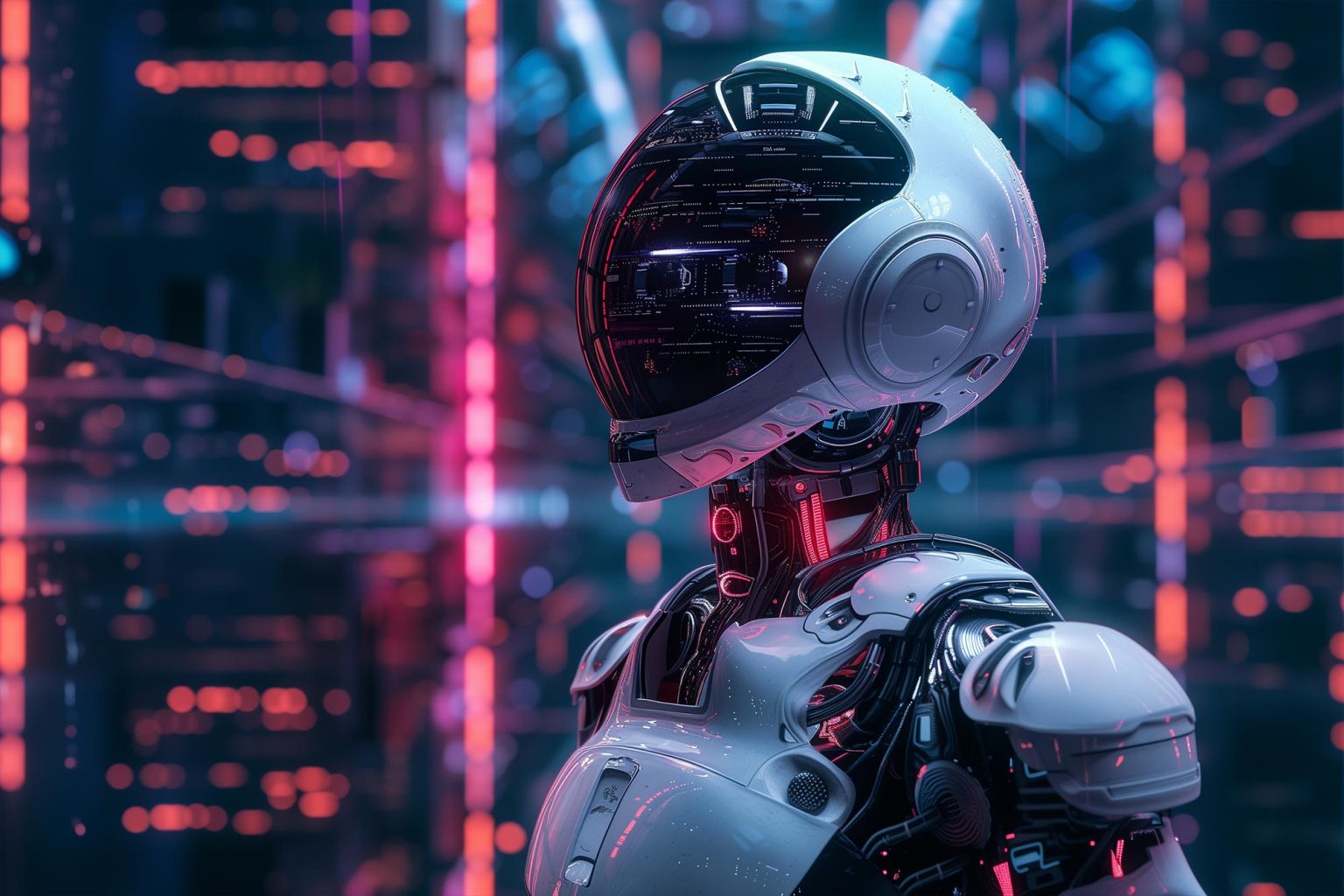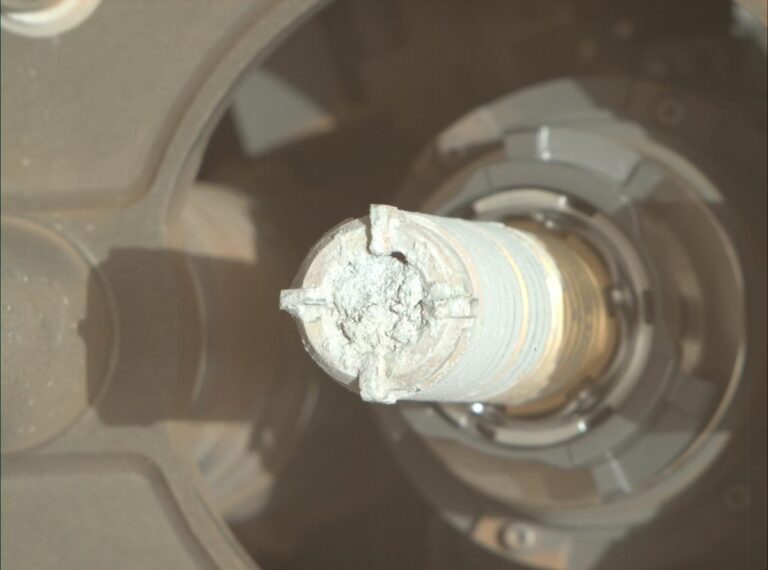Introduction
Artificial Intelligence (AI) is no longer a futuristic dream—it’s becoming part of our everyday reality. But what happens when AI becomes so advanced that it reshapes the very fabric of society? According to leading computer scientists, we may be heading toward a Star Trek-like future—where intelligent machines work alongside humans, interplanetary travel is routine, and technology enhances nearly every aspect of life.
AI: The Catalyst for a New Era
From ChatGPT and autonomous vehicles to robotic surgeries and smart cities, AI is transforming how we live, work, and communicate. But this is just the beginning. Top minds in AI research believe we’re approaching a tipping point—where machines won’t just assist us, they’ll collaborate, think, and maybe even understand us.
What Scientists Are Predicting
According to experts from MIT, Stanford, and Google DeepMind, the next few decades will bring:
Conversational AI indistinguishable from humans
Emotional intelligence in robots to build stronger human-machine relationships
AI-powered space missions, including interstellar exploration
Universal translators (yes, like in Star Trek!) that break language barriers instantly
Smart cities where AI manages traffic, healthcare, and energy with zero human input
Cyborg technologies, merging biology and machines to enhance human capabilities
How Star Trek Is Becoming a Blueprint
Star Trek wasn’t just science fiction—it was a preview of what technology could become. From voice-controlled computers (think Siri and Alexa) to medical tricorders (now resembling handheld diagnostic tools), many of its wildest concepts are already in development.
Experts say that as Quantum Computing, AGI (Artificial General Intelligence), and Neural Interfaces mature, a world like Star Trek isn’t just probable—it’s inevitable.
Should We Be Excited or Worried?
With great power comes great responsibility. While the promise of a tech-utopia is thrilling, scientists also warn about:
Ethical dilemmas in machine decision-making
Job displacement due to automation
AI misuse in warfare or surveillance
Bias and fairness issues in algorithms
That’s why the focus is not just on advancing AI, but on ensuring it’s safe, ethical, and inclusive.
Final Thoughts
The rise of AI could be humanity’s greatest achievement—or its biggest test. As leading scientists predict a future that mirrors the world of Star Trek, we must decide how to shape this journey. Will we embrace AI as a partner or fear it as a rival?
The future is coming fast—and it’s more sci-fi than we ever imagined.
The Rise of AI: Leading Computer Scientists Predict a Star Trek-Like Future”

















+ There are no comments
Add yours